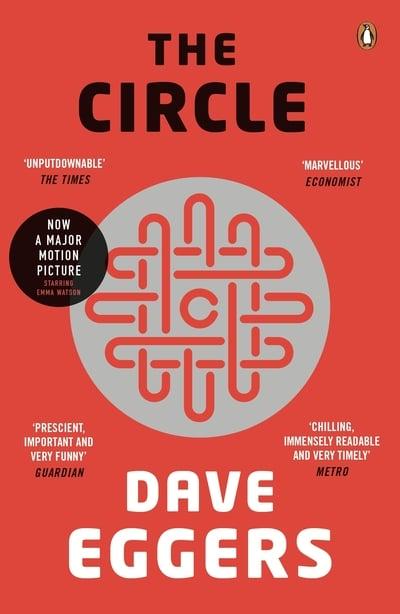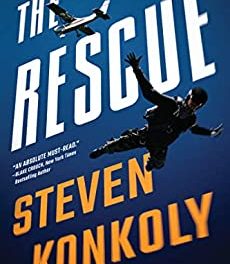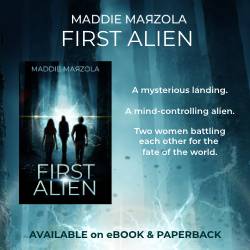There’s no shortage of cautionary tales about the uprising of the machines, AI taking over the world, and even alien invasions. We read these stories, we learn the lessons, then we close the book and go on with our life. It’s all fiction, there’s no real threat. Until there is.
In 2013, David Eggers looked at Silicon Valley, the Apple empire, and the rise of Google and Facebook, and gave us The Circle. At the time, many called his view unrealistic, feasting on Eggers’ claim of having done no research prior to writing the book. Yet, when the book got its second wave in 2017 with the release of the film adaptation, it was already clear how Eggers’ satire wasn’t too far off the mark after all, with some Facebook employees even claiming he had “stolen” their memories.
To show what the Circle is about, Eggers introduces us to Mae, a promising young woman who just landed an internship at the Circle’s customer service desk. From here on, the Circle becomes her life, as Mae becomes more and more taken in by the campus life, social events, social platforms, and general assemblies. It’s a life in a bubble where the world fits on the screen of her smartphone.
The ultimate goal of the Circle, as explained by one of the three founders, the charismatic Eamon Bailey, is to close the circle. What this means is one of the questions that lingers throughout the book. The only thing known for sure is that transparency and accountability is the way to do it. It seems honourable enough, when presented this way. The Circle almost feels like a force for the greater good, with its powerful message that “Secrets are Lies, Sharing is Caring, Privacy is Theft.” If these slogans remind you of Orwell’s 1984, you’re not far off the mark.
Standing on the other side of the fence is Mae’s family, a well-needed reality check. Because of Mae’s father’s medical condition, they are dragged into the Circle’s care plan, and therefore monitored 24/7. It’s like living in a glass house. For sure, her father’s condition improves, but at what cost?
Eggers’s novel is the cautionary tale we need in the twenty-first century. The ethical issues are enormous and more relevant every day. The idea that privacy is a privilege – or a denial of somebody else’s freedom – is fuelled by sharing platforms and social media. Whoever does not share becomes inherently evil, because why else would they keep something from the public, if not because it was something too inexcusable to show.
Knowledge to the people sounds like power to the people.
This is one of the things Eggers masterfully hides in between the folds of the story, the Circle is not evil per se. The power is given to the people in form of complete access to all information. Everyone knows everything, and the social platforms become the ultimate democratic tool. Sounds familiar?
To think about it, maybe this is what Eggers’ cautionary tale is about, after all.
Review by Maddie Marzola







